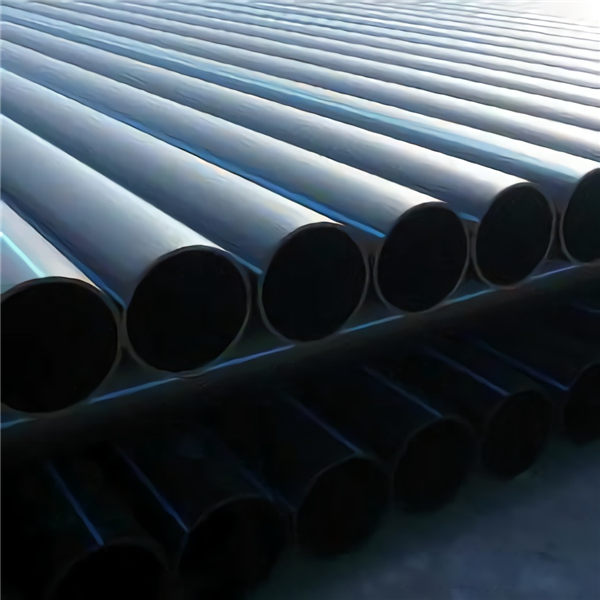ਸਤੰ. . 12, 2024 02:16 Back to list
PP Plate - High-Quality Polypropylene Sheets for Various Applications
Understanding PP Plate Characteristics and Applications
Polypropylene (PP) is a thermoplastic polymer widely used in various applications, thanks to its advantageous properties. Among the diverse forms of polypropylene products, PP plates stand out for their versatility and functionality. These sheets are increasingly being employed across numerous industries, from packaging to automotive and even in medical settings.
What is PP Plate?
PP plates are flat sheets made from polypropylene resin. This material boasts an excellent balance of properties, including chemical resistance, lightweight, and durability. The plates can be produced in various thicknesses and sizes, tailored to fit specific requirements. Additionally, they can be easily fabricated and manipulated, which makes them an attractive choice for many applications.
Key Characteristics
1. Chemical Resistance One of the foremost benefits of PP plates is their resistance to a wide range of chemicals. They are less likely to corrode or degrade when exposed to acids, bases, and alcohols, making them ideal for use in chemical processing and laboratory environments.
2. Lightweight Compared to other materials like metals or thicker plastics, PP plates are remarkably lightweight. This quality not only makes handling and transportation easier but also contributes to improved energy efficiency in applications such as automotive parts.
3. Durability PP plates exhibit excellent impact resistance and can withstand various environmental conditions. Their durability makes them suitable for both indoor and outdoor use, allowing them to maintain performance over time without significant degradation.
4. Cost-Effectiveness The production of PP plates is relatively cost-effective compared to other materials, which makes them a popular choice for manufacturers looking to minimize expenses while maintaining quality.
pp plate

5. Recyclability As an environmentally conscious choice, polypropylene is recyclable, contributing to more sustainable production practices. PP plates can be reprocessed into new products, thus reducing waste and supporting circular economy initiatives.
Applications of PP Plates
The use of PP plates spans several industries
- Packaging Due to their lightweight and chemical-resistant properties, PP plates are commonly used in packaging applications. They provide a sturdy barrier for food items, ensuring safe storage and transportation.
- Automotive The automotive industry often employs PP plates for various components, including dashboards, interior trims, and even battery casings. Their lightweight nature helps improve fuel efficiency while providing adequate protection and performance.
- Medical Equipment In the medical field, PP plates are used in equipment and device housings, storage containers for supplies, and various laboratory equipment. Their chemical resistance and ease of sterilization make them suitable for such critical applications.
- Construction PP plates are increasingly utilized in construction for applications such as partition walls, roofing, and flooring. Their durability and resistance to moisture help ensure long-lasting performance in diverse environments.
Conclusion
In conclusion, PP plates are an exceptional choice for a variety of applications due to their outstanding characteristics, including chemical resistance, lightweight nature, and durability. As industries continue to evolve, the demand for efficient, cost-effective, and sustainable materials like polypropylene will likely grow, solidifying the role of PP plates in modern manufacturing and design. Whether in packaging, automotive, medical, or construction, PP plates offer reliable solutions tailored to meet the needs of diverse sectors.
-
High-Quality PPR Pipes and Fittings Durable ERA PPR & PVC PPR Solutions
NewsJul.08,2025
-
Black HDPE Cutting Board - Durable, Non-Porous & Food Safe HDPE Plastic Cutting Board
NewsJul.08,2025
-
High-Quality CPVC Panel Durable HDPE & PVC Panels Supplier
NewsJul.08,2025
-
Double PE Welding Rod Supplier - High Strength, Durable & Versatile Welding Solutions
NewsJul.07,2025
-
High-Quality PVC-O Pipe Supplier Durable 75mm PVC Pipe & Connections Leading PVC Pipe Company
NewsJul.07,2025
-
HDPE Drainage Pipe Supplier – Durable & Corrosion-Resistant Solutions
NewsJul.06,2025

